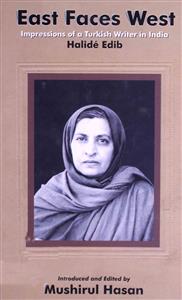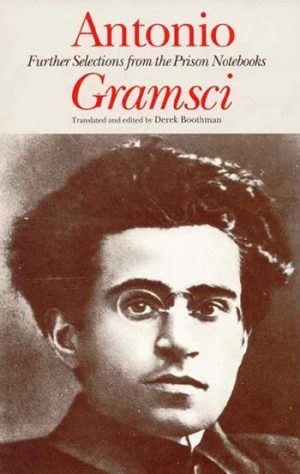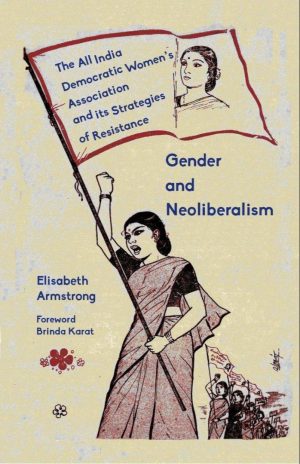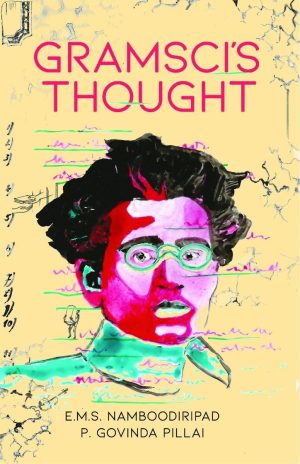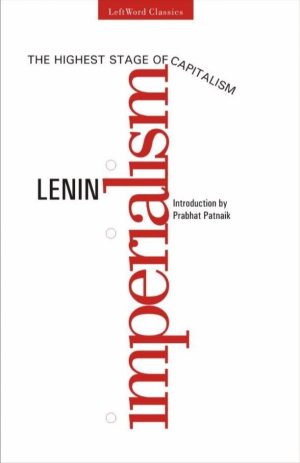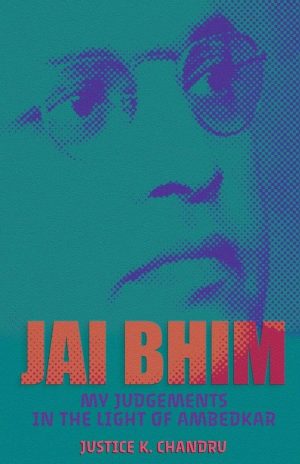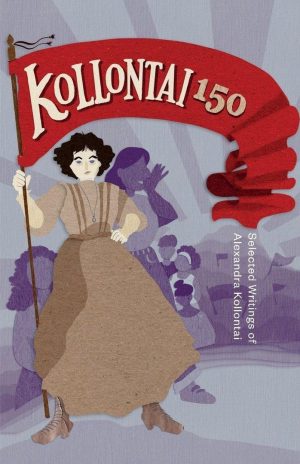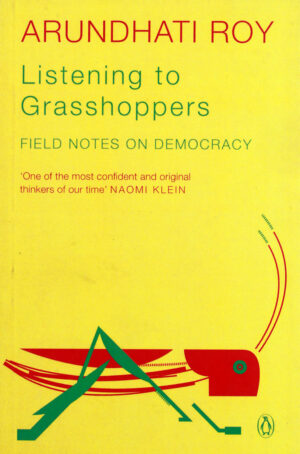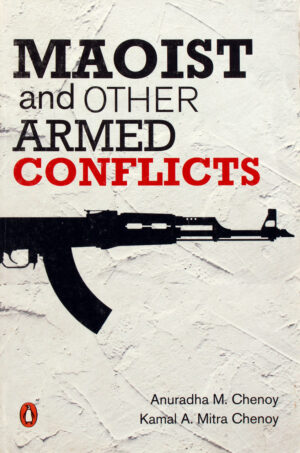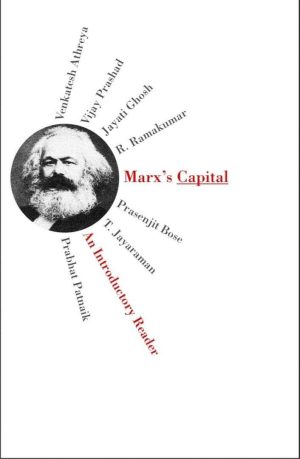Filter
The human face of poverty. The poor in India are, too often, reduced to statistics. In the dry language of development reports and economic projections, the true misery of the 312 million who live below the poverty line, or the 26 million displaced by various projects, or the 13 million who suffer from tuberculosis gets overlooked. In this thoroughly researched study of the poorest of the poor, we get to see how they manage, what sustains them, and the efforts, often ludicrous, to do something for them. The people who figure in this book typify the lives and aspirations of a large section of Indian society, and their stories present us with the true face of development.
Fanshen: A Documentary of Revolution in a Chinese Village is a 1966 book by William H. Hinton that describes the land-reform campaign during the Chinese Civil War conducted from 1945 to 1948 by the Chinese Communist Party in “Long Bow Village” (the name used in the book for the village of Zhangzhuangcun in Shanxi province). Hinton lived in the village in spring and summer of 1948 and witnessed scenes described in the book and recreates earlier events based on local records and interviews with participants. He explains party strategy to present the campaign’s successes in building a revolutionary consciousness and a power-base among the poor peasants, but also its errors and excesses, especially the violence toward rich peasants and landlords. Fanshen has been compared to Edgar Snow’s Red Star Over China and characterized as “perhaps the book that most changed American cold war perceptions of the Chinese Revolution.”
Originally published: 1966
Author: William H. Hinton
This new edition of Eduardo Galeano’s riveting commentary on the history and politics of soccer includes newly written material on the 2002 World Cup, which one quarter of humanity watched. Discussing everything from the leveling of the Twin Towers to the death of the sole survivor of that extraordinary match between British and German soldiers in 1915, one of South America’s greatest commentators issues forth on robotic soccer in Japan, the mass-production of the game as a sign of the decline of civilization, the amazing success of Senegal and Turkey, and how Nike beat Adidas.
This epic of a life larger than its legend is both intimate, based on family archives, and global in significance. “His Majesty s Opponent” establishes Bose among the giants of Indian and world history.
One-sixth of all Indians today live in areas of armed conflict. Seeking solutions, this book is a holistic examination of present armed conflicts as well as the past ones in Punjab and Mizoram, illuminating their common roots, as well as the responses of the state and civil society. The authors show how insurgencies are propelled by a complex mix of issues: the denial of justice and rights, identity concerns, and the breakdown of the social and symbolic order, rather than merely poverty and lack of education. Draconian laws like the Armed Forces (Special Powers) Act and measures like encounters, crackdowns and Salwa Judum aggravate the sense of collective victimhood and feelings of alienation from the national community.
In this collection of essays from 1969 to 2013, many in book form for the first time, Noam Chomsky examines the nature of state power, from the ideologies driving the Cold War to the War on Terror, and reintroduces the moral and legal questions that all too often go unheeded. With unrelenting logic, he holds the arguments of empire up to critical examination and shatters the myths of those who protect the power and privilege of the few against the interests and needs of the many. An introduction by Marcus Raskin contextualizes Chomsky’s place among some of the most influential thinkers of modern history.



